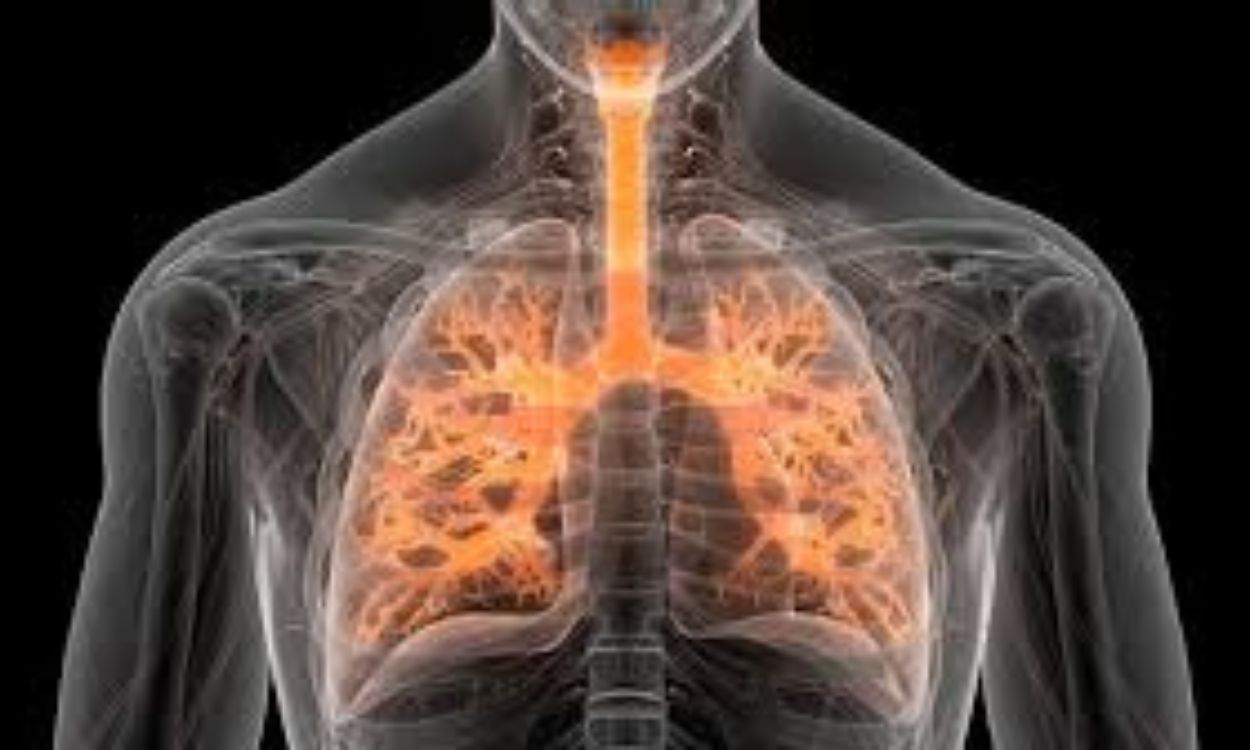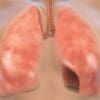Lung Fibrosis: Understanding the Silent Scars and Embracing Health”
What is Lung Fibrosis?
Lung fibrosis, also known as pulmonary fibrosis, is a serious lung disease that occurs when the tissue in the lungs becomes thickened, stiff, and scarred over time. This scarring can interfere with a person’s ability to breathe by reducing the oxygen supply to the bloodstream. The primary function of the lungs is to carry oxygen into your body and release carbon dioxide. However, when affected by fibrosis, these processes can become severely compromised.
Causes and Symptoms:
Lung fibrosis can result from a variety of factors, such as long-term exposure to environmental pollutants, certain medications, radiation treatments, and underlying autoimmune disorders. In many cases, however, the exact cause remains unknown, and it’s then termed as idiopathic pulmonary fibrosis (IPF).
The symptoms of lung fibrosis might not seem obvious at first but can become debilitating over time. These include:
– Persistent dry cough
– Shortness of breath, especially during or after physical activity
– Fatigue and weakness
– Chest discomfort
– Unintended weight loss
– Clubbing (enlargement) of fingertips and toes
Diagnosis and Treatment:
Diagnosis typically involves imaging tests like chest X-rays or CT scans, pulmonary function tests, and sometimes lung biopsy. While there is currently no cure for lung fibrosis, treatments focus on alleviating symptoms and slowing the progression of the disease. Common treatments include:
– Medications like pirfenidone and nintedanib to slow fibrosis
– Oxygen therapy to maintain oxygen levels
– Pulmonary rehabilitation to improve lung efficiency
– In severe cases, a lung transplant may be considered
Living with Lung Fibrosis:
Living with lung fibrosis requires a proactive approach to health management. Patients are encouraged to maintain a healthy lifestyle, avoid smoking, and stay away from pollutants. Regular check-ups with healthcare professionals are crucial to monitor the condition and adapt treatments as necessary.
How Fitpaa Can Help You Manage Lung Health
Lung fibrosis can be overwhelming, but with the right support and tools, you can manage this condition effectively. Fitpaa is here to support your journey with our innovative, AI-driven health management platform specifically tailored to meet diverse health needs.
Fitpaa’s Approach to Lung Health:
1. Metabolism Assessment Discover the root causes affecting your lung health. Our comprehensive metabolism assessment will help you understand how your body is functioning and what changes need to be made to improve your lung health and overall well-being.
2. Personalized Fitpaa Capsule After your assessment, receive a personalized health and fitness plan that takes into consideration your unique lifestyle, dietary habits, and health conditions. Our tailored approach ensures you’re getting the optimal combination of exercises, nutrition, and lifestyle changes to support your lung health.
3. Daily Guidance and Support Our Fitpaa app provides real-time guidance and support throughout your day. With features like a virtual workout trainer, diet tracker, and performance monitoring, you are never alone in your health journey. Receive timely nudges and motivation to stay on track.
Why Choose Fitpaa?
Fitpaa is not just a fitness app; it’s your partner in achieving health and wellness goals. With our dedicated team of fitness planners, nutritionists, and doctors, you gain more than just a plan—you gain a community committed to your health success. Plus, with Fitpaa Essentials, you can begin your health journey for free.
Get Started Today!
Join thousands of others who have transformed their lives with Fitpaa. Whether you aim to manage lung health, lose weight, or simply live a healthier life, Fitpaa is here to help you every step of the way. Download the Fitpaa app today and take the first step towards a healthier, happier you.
Your health is your wealth—embrace it with Fitpaa!











